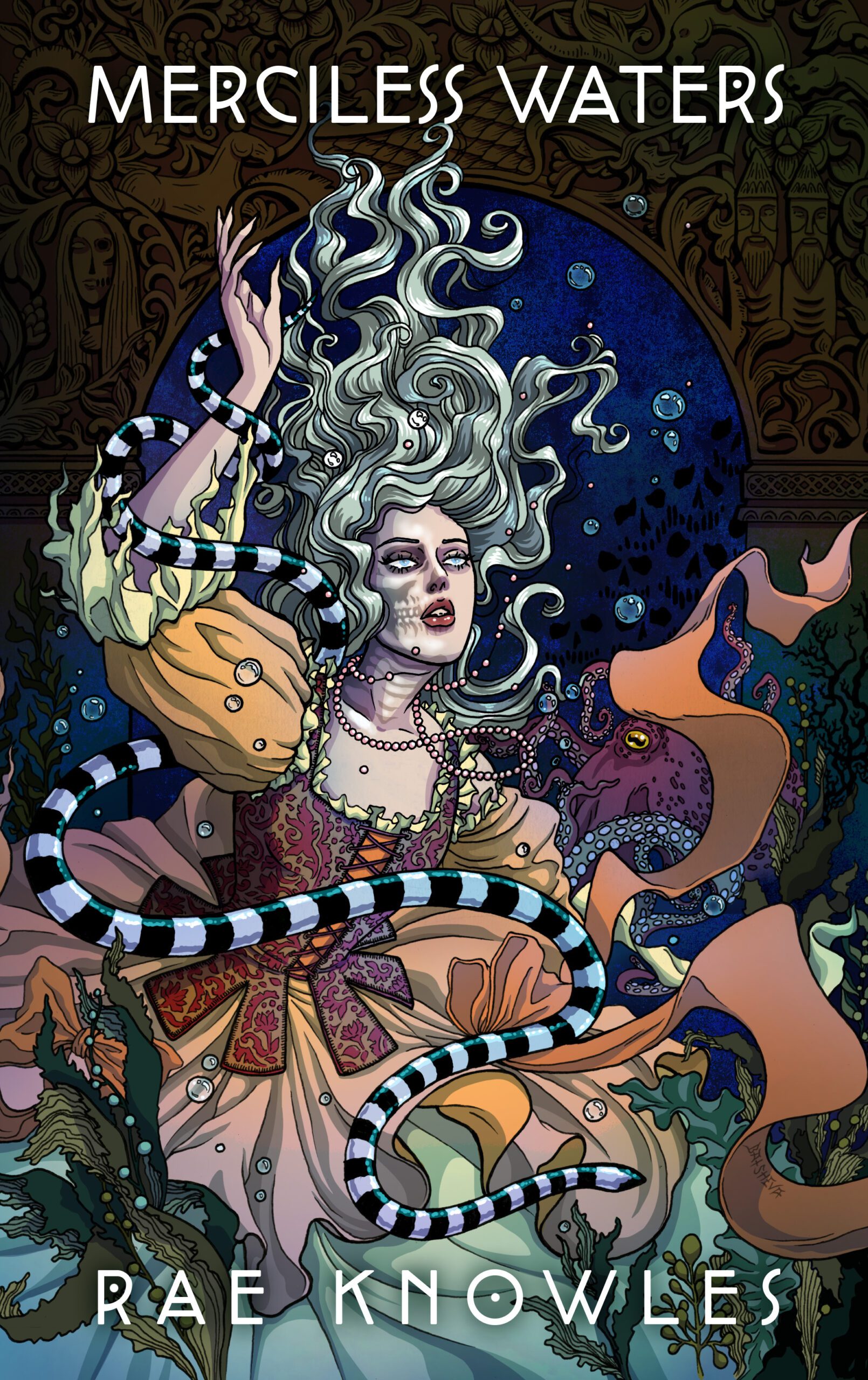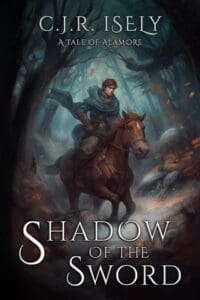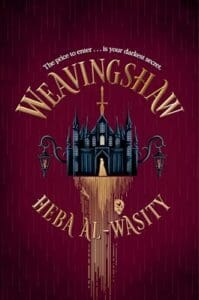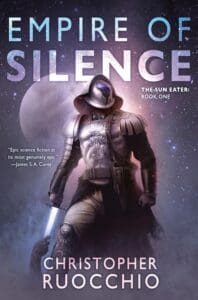
There’s worse things than drowning, folks...
Synopsis
The sea never changes. Neither do Lily and Jaq.
Aboard the ship Scylla, there is no future or past. Jaq, her fickle lover Lily, and their all-female crew exist in an endless present. It’s better this way. At least it keeps Lily by Jaq’s side, where she belongs. But the meddling gods care little for Jaq’s longing, and despite her protective rituals, their punishment arrives all the same:
A man, adrift on the open ocean. Delivered to snatch Lily from Jaq’s arms forever.
Jaq knows what to do. She’s lost Lily before. Her lover will return—when this interloper, this distraction, is snuffed out. But Jaq’s murderous schemes may not be enough. The intruder’s presence infects her crew with a plague her spells cannot cure: memory. And as the women recall how they came to Scylla, their minds bend one by one towards revenge.
Including Lily’s. Especially Lily’s.
Now Scylla draws closer to shore, leaving Jaq with an impossible choice. Deny Lily and evoke her ire. Or join her—and possibly lose her for good.
Review
Rae Knowles will already be familiar to many horror fans thanks to the critically acclaimed tale of psychological horror, murder and insanity that was her debut The Stradivarius earlier this year.
She returns with a very different but equally compelling and lyrically stunning take of sapphic rage, love, loss and revenge that will make you love snakes and think very differently (perhaps) about decayed flesh.
Merciless Waters has a simple concept at its core: a ship, named the Scylla, crewed entirely by women in (what feels like?) an 18th century-style world, picks up a shipwrecked man, who proceeds to sow havoc into their tight-knit group when one of the women takes a liking to him, to the dismay of her lover. Within that simple plot spirals off a series of mysteries, from the true identity of the women – a puzzle box of gods, myth and dark magic that is best left to the reader to decode rather than give it away here – and a tale of revenge when the presence of the man starts to reveal the crew’s former memories, leaving them with the desire to right the wrongs done to them in their former lives.
There is a clear theme of the impact of toxic men into female spaces, and I have no doubt that if this novella gets the popularity it deserves, at some point an angry white BMW-owning man in his 50s will leave a 1-star Goodreads review decrying the “feminist propaganda” of this tale. But like all good authors, Knowles has a multitude of things to imply here, and this is just as much a novella about the cost of knowledge and revenge, and the dilemma those who have been wronged must face when facing their own rage and injustice and deciding how to respond to it.
Helping these themes come alive is the power of Knowles’ prose, which is a molten liquid cocktail of rage, lyricism, revenge, terror, desire and poignancy injected straight into your veins. Take this:
We call them to us, these vicious things. Wasps, snakes, birds of prey. They feel the venom within us and understand Scylla is a home for such things.
Or this:
I’ve never felt so full, so nourished. A deep craving finally satisfied. I see so clearly now the cause. A simple truth known long to men and only now discovered by womenfolk. We crave violence. So we swallow violent men.
The world of the Scylla is an ecosystem of venomous women (venomous not meant in the derisory sense but in the very real sense, although the co-opting of the idea of venom from the zeitgeist is key to Knowles’ writing here) and venomous creatures; a sort of hazy, genial, frequently terrifying limbo of things associated with death being given vivid life. My personal favourite example of this was Ambrose, the stylishly intelligent snake, who has a sad tale of his own and stole both the show and my heart.
This is also a tale mired in myth and legend; the strong Slavic and Greek influences and plotlines will be clear to those who love such things and Knowles entwines various myths of wronged women to make a book that sits astride multiple mythologies, with the unifying theme of the rage of the scorned and abused and the consequences of this.
It would be remiss of me to pretend that, as a straight white man who is treated by society like Elon Musk is treated by the UK Prime Minister, this book was the same experience for me as other readers (and if you’re reading this, angry white BMW man from earlier, this is not virtue signalling, just mundane fact). This is the way of books; if you’ve never worried about how you’re going to pay your next bill, then there will forever be a part of George Orwell’s definitive lesson on poverty “Down and Out in Paris and London” that is obscured from you.
But the sign of a great author is that those who have never felt (some of) the emotions described within can nonetheless be given an insight into such feelings in the time they spend in the pages. As for those who really have spent time in very real merciless waters? I can only imagine how much this will resonate. This is the kind of toxic tale you need to experience.









Leave a Reply